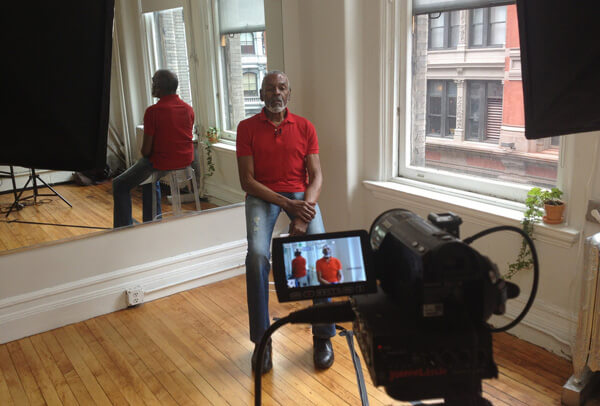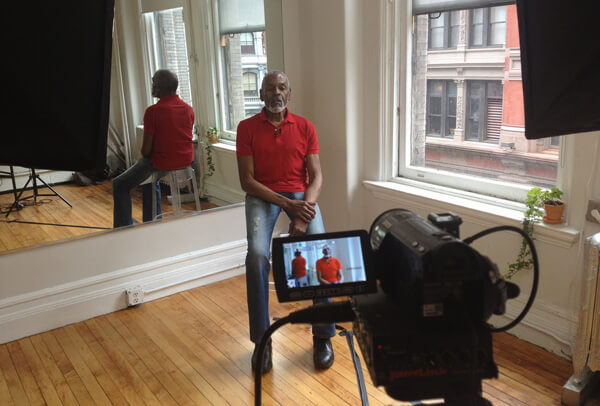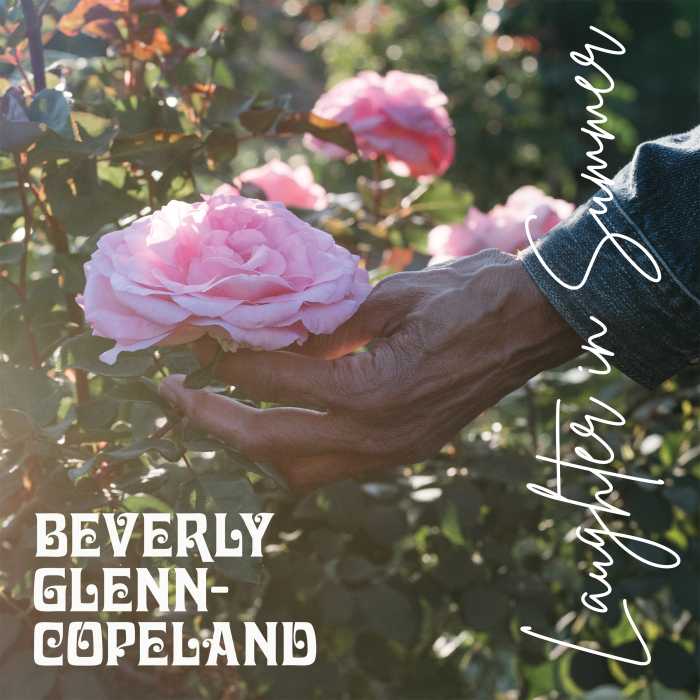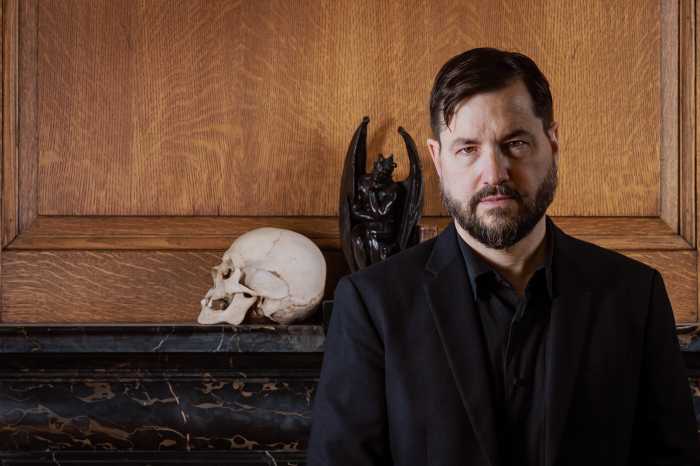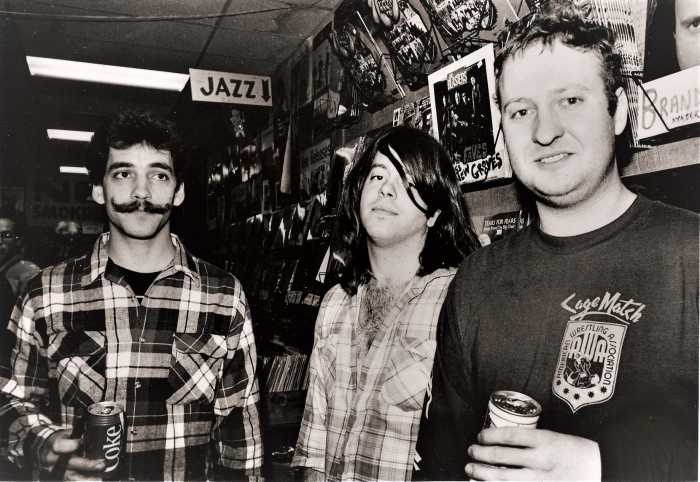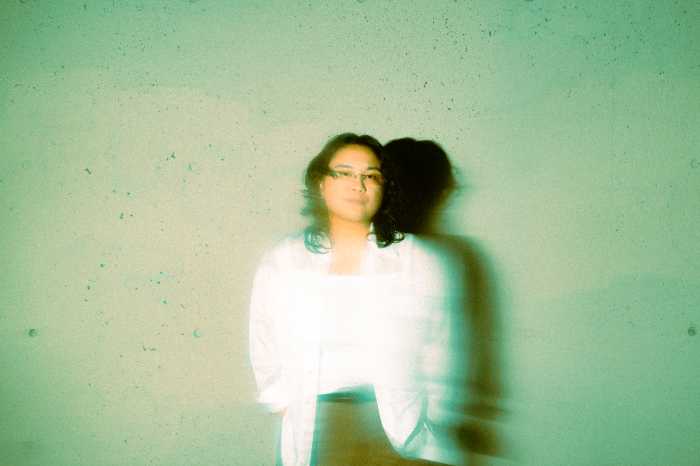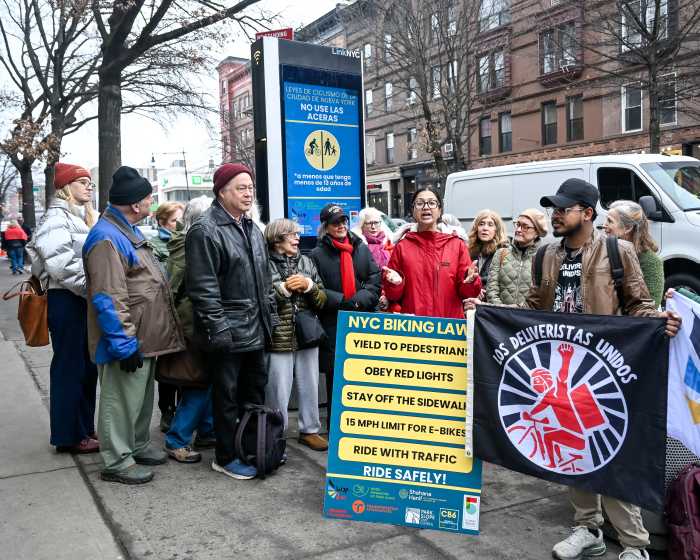Sydney Skybetter. | SKY/ NOVA
The dance community has recently come together to bolster the momentum against bullying of LGBT youth in America and internationally. In the wake of a visible wave of suicides by gay teens several years ago, Dan Savage, a journalist and gay dad, and his husband Terry Miller initiated a campaign that aims to assuage the despair young men and women in isolated and unfriendly parts of the country — as well as in many accepting communities, too often — can feel.
It Gets Better, a series of video testimonials from celebrities, athletes, and elected officials including President Barack Obama, aims to provide young people an antidote to the torment they experience at the hands of others and the internal turmoil they go through in handling sexual feelings that don’t seem to match those of anybody around them.
In conjunction with Dance/ NYC, Sydney Skybetter, Tim Cynova, and Jen Edwards of Sky/ Nova, and dancer/ cameraman Jordan Isadore invited a group of New York dance performers together in early June at Gibney Dance Center to record video spots for a dancer-centered branch of the campaign.
Janis Brenner. | SKY | NOVA
Dancers, as a breed, aren’t known for activism, but since AIDS touched so many of our lives so intimately we began to shed our traditional passivity. In fact, the ubiquitous perception of “obedience” as a defining characteristic of dancers — “just tell me where to go and what step to do” — is a myth, and increasingly we instead see a public assertiveness. Especially among up and coming artists, passivity is antithetical to survival, artistic and financial.
Skybetter, a gay ally who, albeit hetero, suffered bullying as a kid, pointed out that It Gets Better “can be read as too pacifist, a ‘just wait it out’ approach to anti-bullying, as opposed to an ‘act NOW’ stance.” Still, awareness can be paired with action, among young people just as among dancers.
“The dance community is an historically disempowered bunch,” Skybetter said. “We just don’t think it has to stay that way.”
Stephen Petronio agreed, acknowledging he learned early on that his misfit qualities are exactly what make him the artist he is today.
So deeply ingrained is homophobia that many openly gay participants “of a certain age” still felt the need to be “discreet” about stating their own sexuality in so many words, even while encouraging the target audience of youth to find solace in the take-it-on-faith assurance that “it gets better.”
Some were supportive in non-confessional ways. Janis Brenner sang and gestured German philosopher Ludwig Wittgenstein’s phrase “How small a thought it takes to fill a whole life,” which Steve Reich turned into a musical piece. Those 11 words can have profound implications — positive or negative — for one subjected to vicious taunting or violence. Monica Bill Barnes and Anna Bass did an upbeat, wordless duet of hand clapping, shoulder wagging, and mutual glances that say “solidarity,” whatever the cause or matter.
Gus Solomons Jr. | SKY/ NOVA
Some people read carefully drafted statements they had devised; others were totally ad-lib. Responses ranged from spiritual to practical, from defiant to rational. Some spoke of having “feelings” they didn’t know how to deal with; others were picked on, called names, and beat up.
It’s striking how different each statement is from another, albeit tackling the same issue.
Some more or less let the taunting roll off their backs, while other were nearly driven to end their lives to escape it, we learn. But these affirmations by the dance community concisely and articulately affirm that the disempowerment of dancers — on this subject, at least — is becoming a thing of the past.
The NYC Dance Community Group Message can be viewed at http://youtu.be/z0DNhefu4DI. The complete NYC Dance Community playlist is at http://tinyurl.com/ch563cm.

